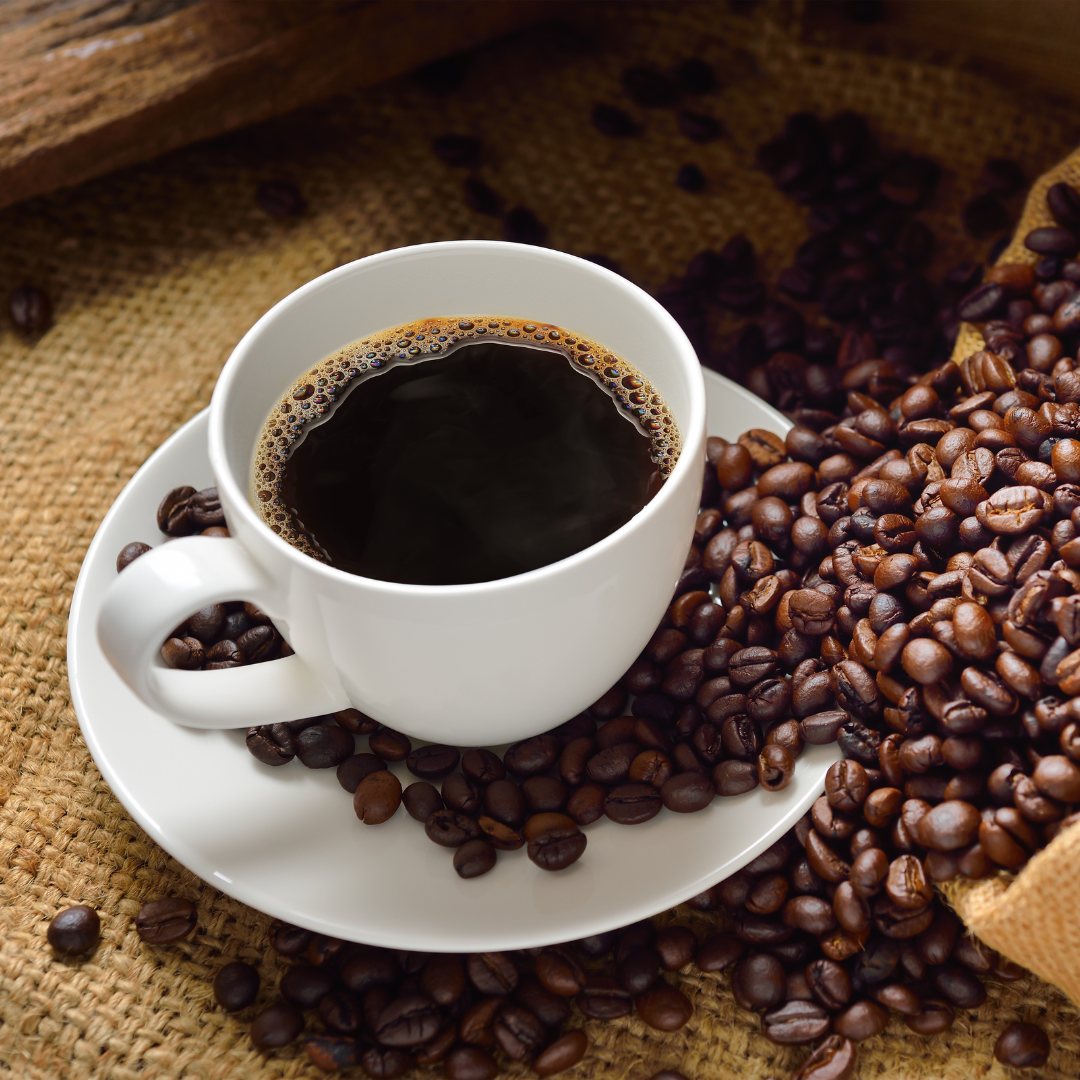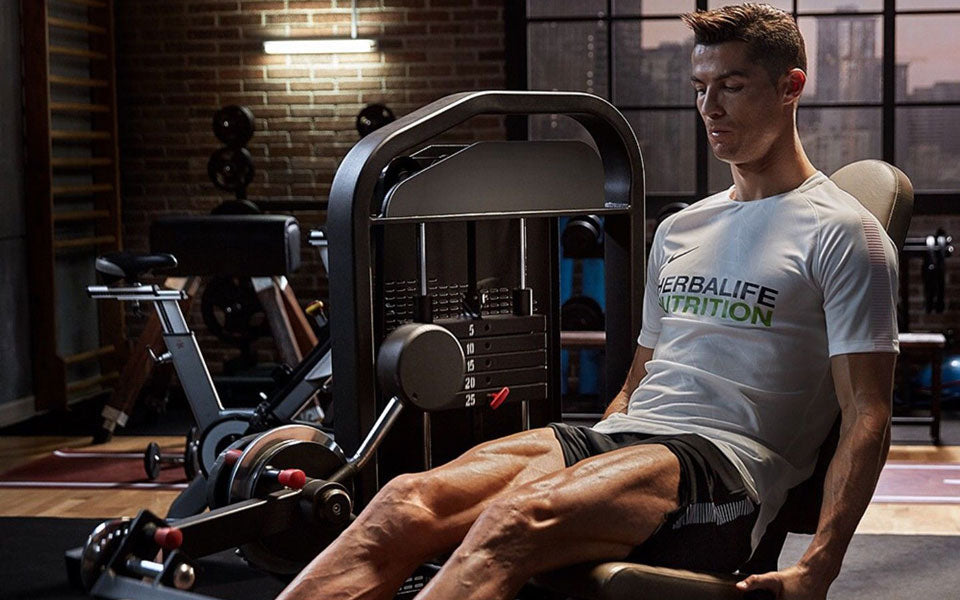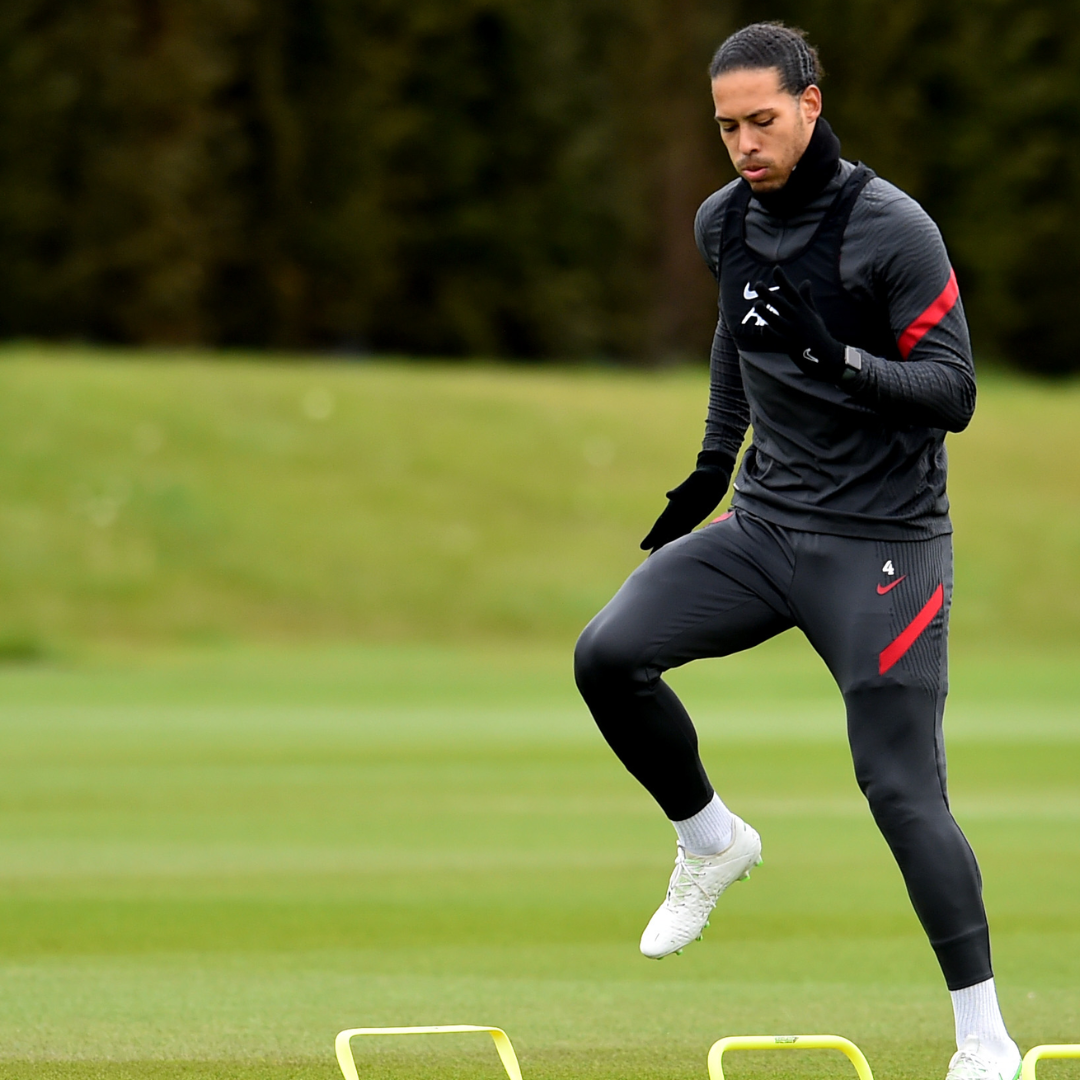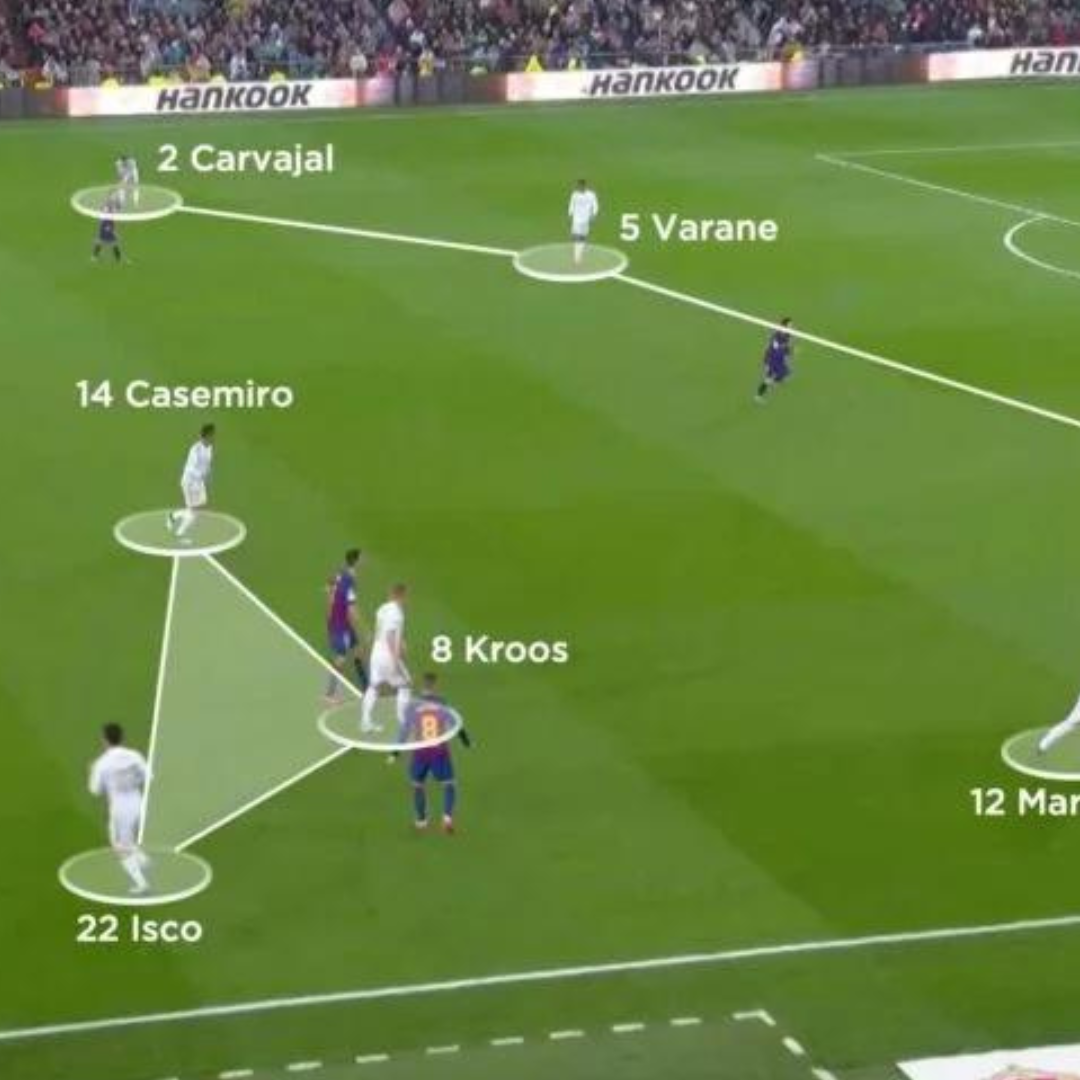Is Coffee Good For You Before A Match?

Quite often, professional athletes are known to drink coffee or take caffeine supplements to try and enhance their performance during a match. In fact, this was so effective that in some countries, the practice of drinking coffee was banned or under debate for several years. Some argued that the drink was part of a regular diet that most of us enjoy every day, while others suggested that it enhanced performance unfairly and was addictive, meaning that it could potentially be abused by athletes looking to increase their performance. But what are the benefits of coffee? And should you consume it before a football match – we've done the research, so you don't have to.
What are the Benefits of Drinking Coffee Before a Match?
Coffee has been found to give you both a physical and mental advantage if consumed before an important match. The caffeine found in coffee has been found to have many benefits, such as activating your brain and nervous system. This, in turn, can lead to improved levels of focus and higher energy levels. Coffee is also known to reduce tiredness and fatigue, which can help during any kind of competitive sport.
On top of this, caffeine also increases the circulation of adrenaline within the body, increasing performance further, while the central nervous system's activation can also improve muscle performance.
How Should You Take Your Coffee Before a Match?
To get the most out of your coffee, it is best to consume it around an hour before the match to have time for it to digest and for the caffeine to take effect.
However, it is important to note that many scientific studies have shown that the more coffee you drink, the more likely you are to build up a tolerance for it, meaning that it will not have the same effects over time. Therefore, try not to drink it all the time so that you can continue feeling its benefits.
A tip on how to get the most out of your coffee is to cut down on your consumption for the rest of the week, reducing your intake so that your body is not used to it. Then, you can have a coffee on match day, and your body is more likely to feel its impact.
It is important not to drink too much liquid, however, as this can fill your stomach and move around when you are running, leading to some level of discomfort. Instead, go for a low volume of higher quality coffee – freshly brewed should be preferred. This is because freshly brewed coffee has a higher amount of caffeine per cup at around 95mg than the only 50mg found in instant coffee. Additionally, fair trade coffee is also recommended – not just for ethical reasons and because coffee growers get paid a fair wage and are working in better conditions, but also due to evidence suggesting that fair trade coffee beans are more likely to be of a higher quality.
Conclusion
Overall, coffee should be consumed in moderation due to its addictive qualities; however, if there is a time to take it, it is before a match due to its impact on performance and the way that it increases your energy.



